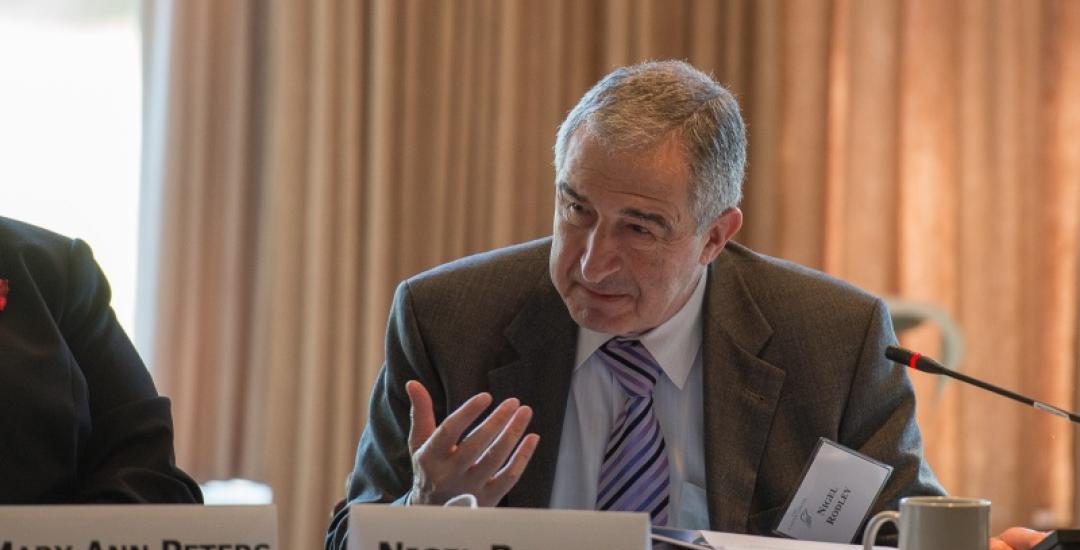
On the occasion of its 114th session, that took place in June and July 2015, the United Nations Human Rights Committee (HRCtee) adopted the report of the Special Rapporteur for follow-up on Concluding observations on the initial report of Djibouti. Composed of independent experts, the HRCtee guarantees the proper implementation of the International Covenant on Civil and Political Rights (ICCPR) binding on Djibouti by virtue of its accession in November 2002. On the basis of an alternative report by Alkarama and the Djiboutian Observatory for the Promotion of Democracy and Human Rights (ODDH) submitted to the HRCtee in January 2015, the UN experts found that Djiboutian authorities had not implemented its priority recommendations.
Although Djibouti had one year to implement any recommendations, the country's follow-up report to the concluding observations was submitted late and did not contain enough information to completely assess the situation on the ground. From the information available, the UN experts highlighted a lack of credible steps taken to improve human rights in Djibouti.
In order to assess the implementation of the priority recommendations given by the Committee and subject of this monitoring report, the HRCtee established a grading scale from A (satisfactory implementation) to E (absence of change). It was on the basis of this grading scale that the experts analysed the implementation of the recommendations by Djibouti.
In particular, the Committee noted that, regarding the prohibition of torture and ill-treatment, the authorities kept on rejecting the victims' testimonies of torture, and that the justice system had never opened an investigation against the perpetrators (C2). In its follow-up report to the Committee, Alkarama had stressed that torture and ill-treatment by security forces remained a common occurrence in Djibouti. While emphasizing the usefulness of the legal guide on human rights developed for police and gendarmerie forces, as well as their new two-day training on good practices (B2), the HRCtee regrettably found that no independent mechanism that is tasked with receiving and investigating complaints of victims of abuse by security forces, had been created (D1).
On the issue of violence against women, the UN experts found that Djibouti had not provided new information and had not fully responded to its recommendation (D1), and therefore reiterated their statement. Finally, regarding freedom of expression, assembly and association, they noted that the authorities had not provided sufficient information and had not taken any measure to better protect and guarantee these fundamental rights (D1). They therefore reiterated the need for the authorities to implement this recommendation.
The report adopted by the UN Human Rights Committee (HRCtee) confirms that Djibouti does not comply with its international obligations on human rights, to the detriment of its citizens, who continue to be subject to violations and constant harassment by the security forces, who instead enjoy total impunity. To end this situation, Alkarama urges Djiboutian authorities to implement, in collaboration with civil society, all the recommendations made by the Committee. The authorities should put particular emphasis on the prohibition of torture, end impunity for perpetrators of violations and fully guarantee the civil and political rights to the Djiboutian population.
For more information or an interview, please contact the media team at media@alkarama.org (Dir: +41 22 734 1008).
